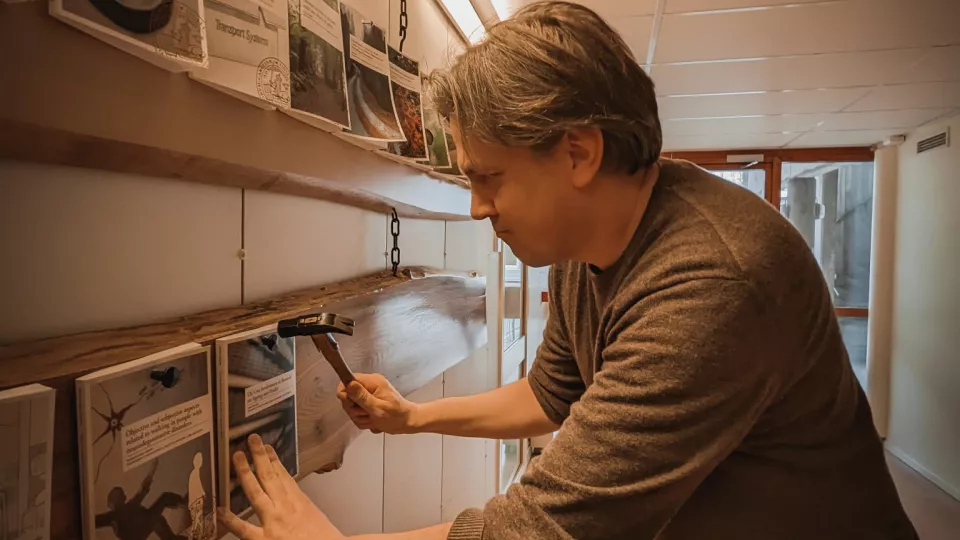Recently, SWEAH researcher Joakim Frögren published the final study in the thesis "On user involvement in research on aging and health" which he defended in April this year.
The study was conducted within the framework of a citizen research project on accessible housing for the elderly and people with disabilities: "The Housing Experiment". In the now published study, Joakim Frögren explore what distinguished the people who participated in "The Housing Experiment" 2021, and whether their participation resulted in any changes in attitude or other positive effects.
Unusual research
Citizen research aimed at these target groups is rare and the interest among citizens to engage in such research is therefore unclear.
Data were collected via online questionnaires and the response rate was lower than expected. Study participants reported high digital literacy and functional ability, and their level of education was higher than in the general population. The study showed that the involvement in citizen research did not result in any major changes in attitudes or acquired skills.
The study confirms what previous studies have shown, namely that limitations in digital competence and functional ability affect the willingness and ability to engage in research. The results further indicate that researchers need to be sensitive to the conditions of different groups to get involved in research, as well as insights into what possible benefits it is reasonable to expect from user involvement.
Until his dissertation Frögren was connected to the research group Active and healthy aging at the Department of Health Sciences and CASE, Lund University, as well as to the National Research School on Aging and Health (SWEAH).
At CASE, there is a long history of involving groups affected by the research in the entire research process, including through CASE's user board.


